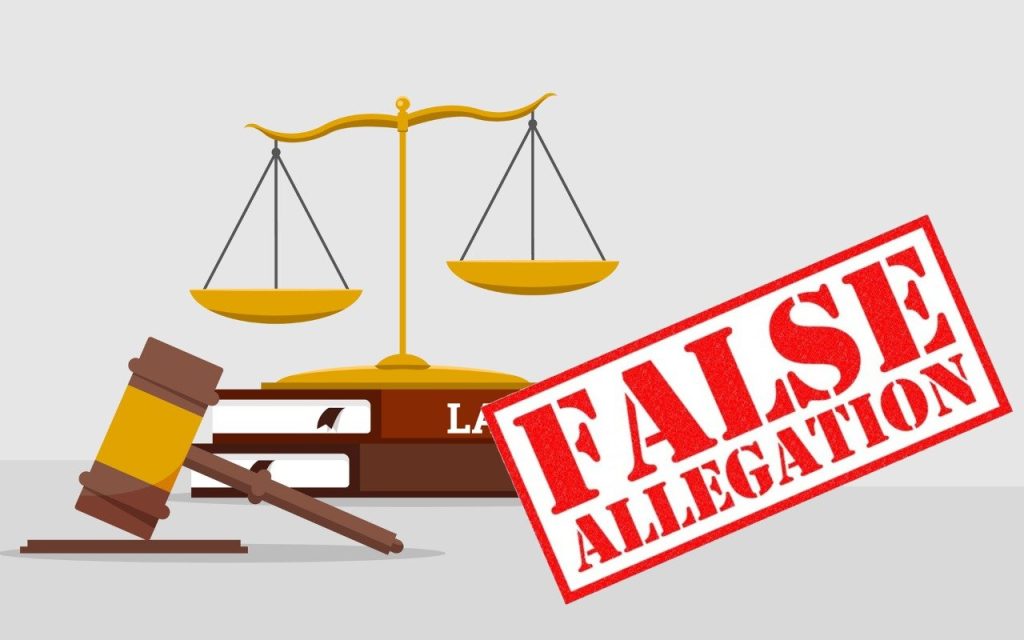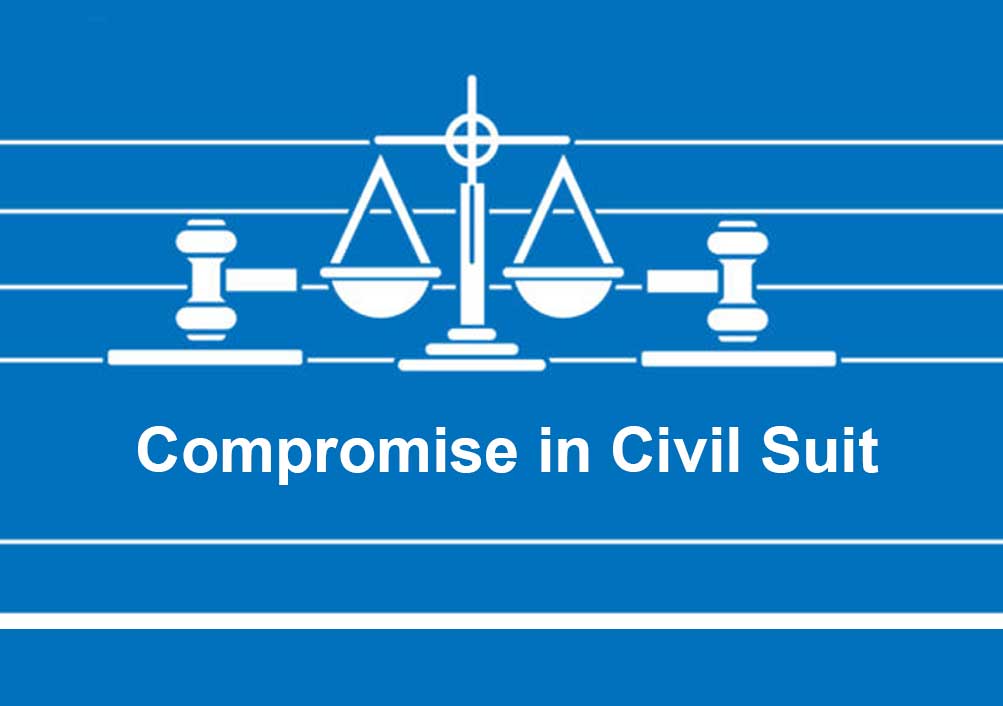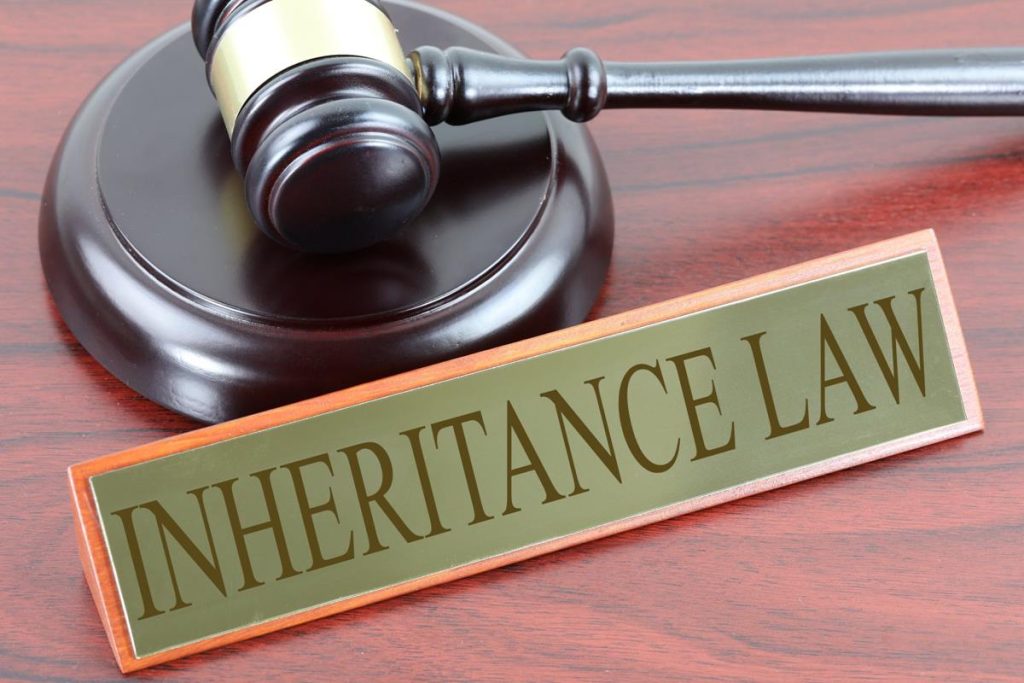Watch this article in video form on Lawyers’ Society Youtube Channel.
Section 13B of the Hindu Marriage Act, 1955 (hereinafter ‘HMA’), provides for divorce by mutual consent. It reads,
“13B. Divorce by mutual consent.—(1) Subject to the provisions of this Act a petition for dissolution of marriage by a decree of divorce may be presented to the district court by both the parties to a marriage together, whether such marriage was solemnized before or after the commencement of the Marriage Laws (Amendment) Act, 1976 (68 of 1976), on the ground that they have been living separately for a period of one year or more, that they have not been able to live together and that they have mutually agreed that the marriage should be dissolved.
(2) On the motion of both the parties made not earlier than six months after the date of the presentation of the petition referred to in sub-section (1) and not later than eighteen months after the said date, if the petition is not withdrawn in the meantime, the court shall, on being satisfied, after hearing the parties and after making such inquiry as it thinks fit, that a marriage has been solemnized and that the averments in the petition are true, pass a decree of divorce declaring the marriage to be dissolved with effect from the date of the decree.” (EMPHASIS SUPPLIED)
The use of the words ‘both the parties to a marriage together’, creates an impression/ question as to where the petition may be filed, especially when you read S. 19 of HMA. S. 19 reads,
“19. Court to which petition shall be presented.—Every petition under this Act shall be presented to the District Court within the local limits of whose ordinary original civil jurisdiction:—
(i) the marriage was solemnized, or
(ii) the respondent, at the time of the presentation of the petition, resides, or
(iii) the parties to the marriage last resided together, or
(iiia) in case the wife is the petitioner, where she is residing on the date of presentation of the petition; or
(iv) the petitioner is residing at the time of the presentation of the petition, in a case where the respondent is at that time, residing outside the territories to which this Act extends, or has not been heard of as being alive for a period of seven years or more by those persons who would naturally have heard of him if he were alive.”
If we read clause (iiia) to Section 19, we see that it allows the wife to file a petition where she is residing on the date of presentation of the petition. But this is when she is the petitioner. Will it still be applicable if both the husband and wife are petitioners?
This was answered by the Madhya Pradesh HC in the case of Smt. Uma Tiwari v. Vikrant Tiwari ((2005) 1 M.P. L.J. 356 : 2005 MAH L.R. 402 : CDJ 2004 MPHC 564), where it was observed that,
“11. Thus, Legislature has provided a place where petition can be filed. Thus, by virtue of amendment in Section 19 of the Hindu Marriage Act, the petition can be filed in the case where wife is the petitioner, where she is residing on the date of presentation of petition. The word “wife is the petitioner” is to be construed in a broader sense. The petition under Section 13B is a joint petition by husband and wife. Therefore, wife is a petitioner in the said petition and in the circumstances the Court where she resides will have the jurisdiction to entertain the joint petition by the husband and wife. Section 19 does not lay down that the petition, where wife is the joint petitioner, can not be filed at a place where wife resides.
12. In the circumstances we hold that Family Court has committed an error in returning the petition for presentation before proper Court. Order passed by the Family Court is set aside and Family Court is directed to decide the application in accordance with law. It is further observed that as and when petition is filed and is within jurisdiction under Section 19 of the Act the petition will be maintainable before the Court where it is presented in accordance with Section 19 of the Act.” (EMPHASIS SUPPLIED)
The above decision of the MP HC was followed by a Division Bench of the Gujarat HC in the case of Aditi Farad Elhance v. …. (First Appeal No. 796/ 2017, Dt. 28.02.2017 – (2017:GUJHC:7037-DB))
Hence it can be seen that a mutual divorce petition under HMA can be filed before a Court having jurisdiction over the present place of residence of the wife.
Views are personal. Contact for personal assistance.
Subscribe to the Lawyers’ Society Youtube Channel to receive informative legal videos.









